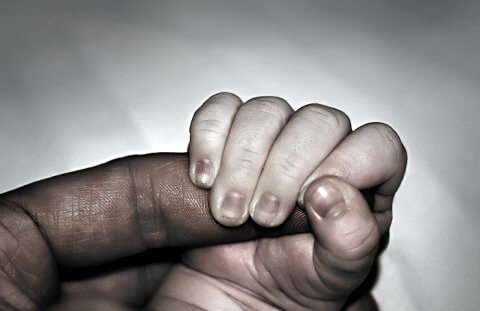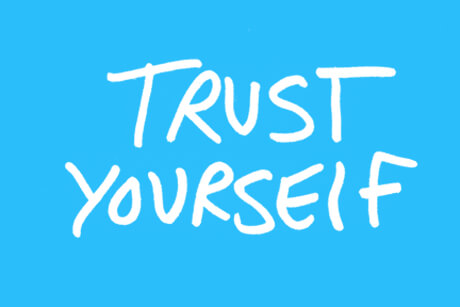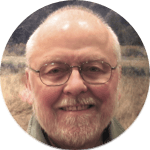Building Trust
Wherever people gather, in companies, families, partnerships of any kind and even in spiritual and religious organizations, people will be people.
That means the “human drama” will exist.
The challenge is for each person to have the ability to observe themselves, their reactions to others especially those they may perceive as challenging, to do their best to understand each other, and resolve potential conflict before raising voices, accusing or abandoning something with great potential.
That sounds like a lot of steps. And, it doesn’t have to be that way!
People are drawn together because of shared interests, values or a shared goal. It offers the sense of being “at home” in the world. A place to be seen, understood and wanted. A place where people can let their hair down and be themselves. And yet the “human drama” can easily sidetrack this goal from it becoming a reality.
As an emotional mastery mentor, I guide individuals, families, teams and organizations in putting the topic of trust on the table.
 There are people who long ago experienced a trauma, abandonment or abuse for example, which of course broke trust, and so they stopped trusting. It breaks my heart when the most important bond, a loving and trusting mother and father for instance, is broken.
There are people who long ago experienced a trauma, abandonment or abuse for example, which of course broke trust, and so they stopped trusting. It breaks my heart when the most important bond, a loving and trusting mother and father for instance, is broken.
However, it happens. In those cases, it was probably a good idea at that time not to trust those who broke trust. It kept them safe.
What can happen is that self-protection becomes a habit even decades later when it’s no longer necessary. The consequences of not trusting can include:
- pushing people away
- taking on larger and larger burdens because you can’t trust others to do what they say they’ll do
- not being able to delegate
- not being trustworthy because you learned long ago it didn’t matter, not trusting yourself
- not trusting that you know how to know who is trustworthy
- not trusting life or that there’s even solid ground under your feet
You can shift this.
I have exercises that can teach you how to trust yourself. Without that, you’ll never trust another. With self-trust, you can trust that you are able to discern who is trustworthy, and let them in to your “trust circle.” This accumulates until you trust more people and to a deeper degree.
- Life becomes easier.
- You can breathe more deeply.
- Your relationships improve.
- You’re happier.
- You work better and more effectively with others.
- Even difficult conversations can happen more easily.
- You’re more committed and more productive with what really matters.

After building self-trust, we create a “ritual container” where there are no real life consequences. In that setting, we explore trust in the context of a relationship, family or team.
We open the floor and put the topic of trust on the table. We look at how each person can access their gifts and strengths more readily, and also what to do about any challenges the relationships have. Each person can be heard and understood, which starts to build trust.
This can be light-hearted and fun, yet the outcome is deep and lasting. This has a huge effect on each individual, all of the relationships, the family, and the team, and will make a difference on each person’s well-being and the impact you can have individually and collectively.
In my travels around the world, I’ve asked people, “What’s the most important thing for you?” And people everywhere responded with some form of “Relationships!” If relationships are the most valuable thing we have, why is it our own reactivity often challenges or can even destroy a relationship?
It doesn’t have to be that way!



